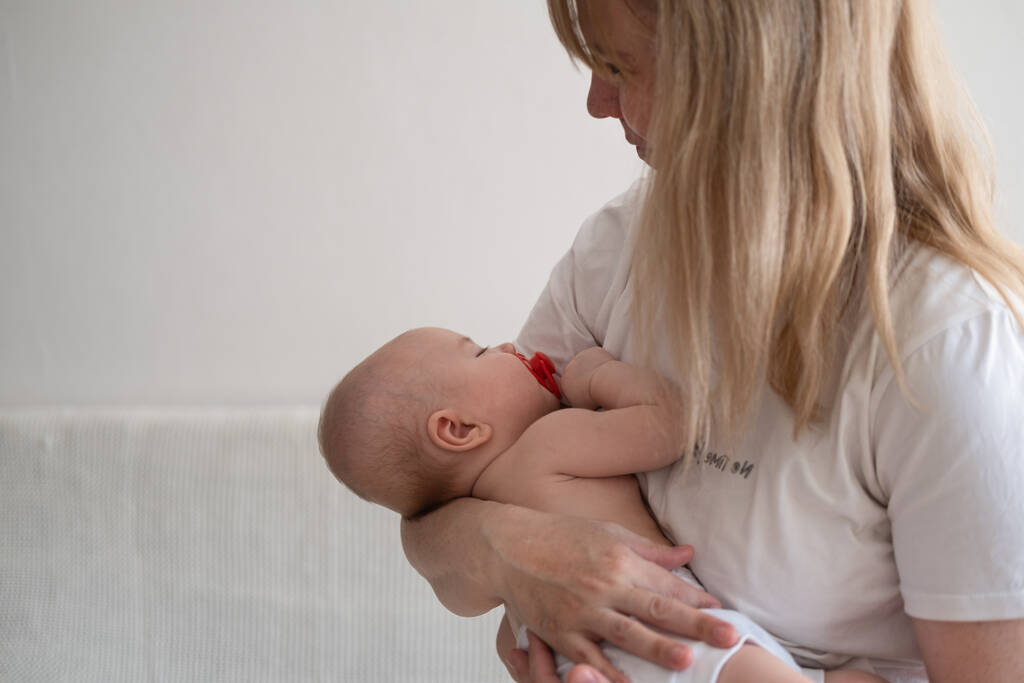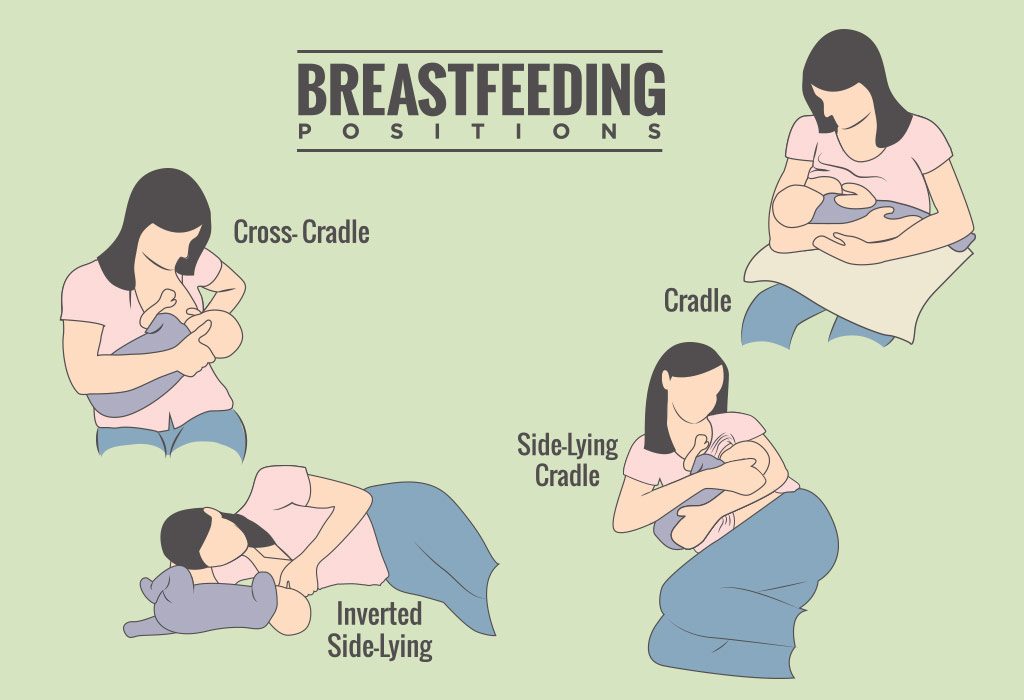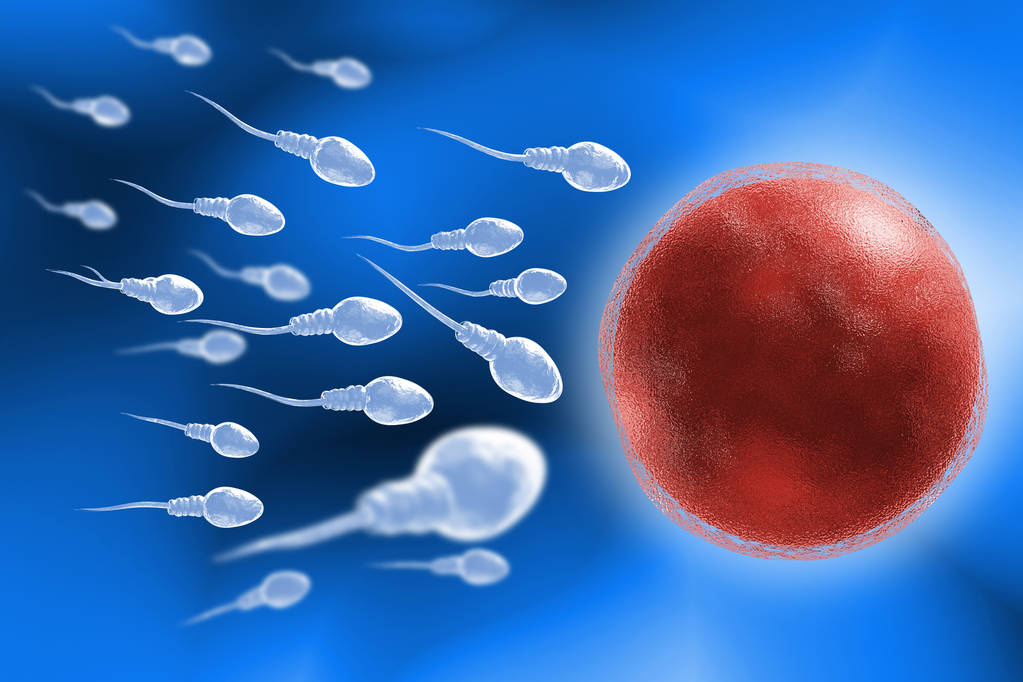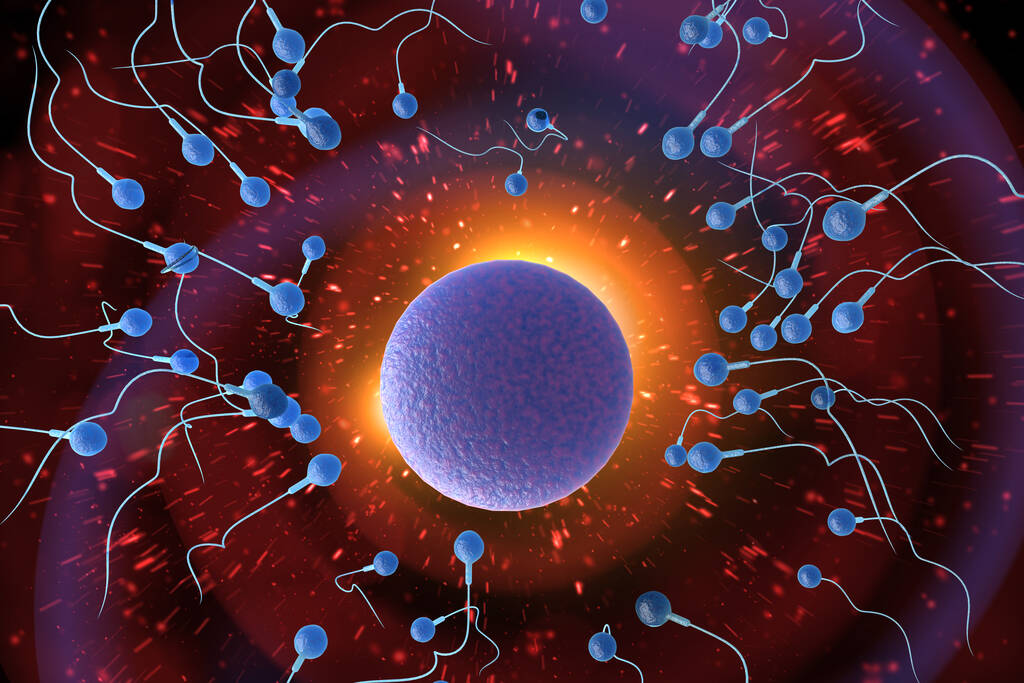Navigating New Beginnings: Understanding Postpartum
The arrival of a newborn is a time filled with joy, wonder, and a whirlwind of emotions. While the focus often revolves around the precious baby, it’s equally important to shine a light on the postpartum period, a time when a new mother undergoes significant physical and emotional changes. In this guide, we’ll explore postpartum in simple terms, helping both new mothers and those around them understand this unique and sometimes challenging phase.
- What is Postpartum? Postpartum refers to the period following childbirth, encompassing the first few weeks to months. It’s a time when a mother’s body undergoes numerous adjustments to return to its pre-pregnancy state. This period is also marked by emotional changes and adjustments to the new responsibilities of caring for a newborn.
- Physical Changes: After giving birth, a woman’s body goes through a process of recovery and healing. This involves the uterus contracting back to its normal size, which may cause cramping. Additionally, there may be vaginal discharge, often referred to as lochia, as the body sheds excess blood and tissue from the uterus.
- Hormonal Adjustments: Hormones play a crucial role in the postpartum period. The sudden drop in pregnancy hormones, such as estrogen and progesterone, can contribute to mood swings and emotional changes. Hormonal fluctuations can also impact factors like breastfeeding and the return of the menstrual cycle.
- Emotional Rollercoaster: Emotionally, postpartum can be a rollercoaster ride. New mothers may experience a range of feelings, from overwhelming love and joy to moments of sadness or anxiety. The term “baby blues” is often used to describe these mild, transient feelings of sadness or weepiness that many mothers experience in the first week or two after childbirth.
- Postpartum Depression (PPD): While baby blues are common, some mothers may experience more intense and prolonged feelings of sadness, hopelessness, or anxiety. This could be indicative of postpartum depression (PPD). PPD is a serious condition that requires medical attention, and it’s essential for both the mother and those around her to recognize the signs and seek support.
- Physical Recovery Time: The body’s physical recovery time varies from woman to woman. While some may bounce back relatively quickly, others may require more time. It’s crucial for new mothers to listen to their bodies and not feel pressured to return to pre-pregnancy activities too soon.
- Sleep Deprivation: Sleep deprivation is a hallmark of the postpartum period. Newborns have irregular sleep patterns, and caring for their needs, including feeding and diaper changes, often disrupts a mother’s sleep. It’s important for new mothers to rest when they can and seek support from partners, family, or friends to manage sleep challenges.
- Caring for Emotional Well-Being: Caring for emotional well-being is as vital as physical recovery. This involves acknowledging and expressing emotions, seeking support from loved ones, and, when needed, consulting with healthcare professionals. Self-care, even in small doses, can have a positive impact on emotional well-being.
- Breastfeeding and Feeding Challenges: For mothers choosing to breastfeed, the postpartum period introduces the challenge of establishing breastfeeding. This can involve learning proper latching techniques, managing potential discomfort, and ensuring an adequate milk supply. Seeking guidance from lactation consultants or healthcare providers can be beneficial.
- Body Image Changes: The postpartum period often brings changes to a woman’s body image. It’s normal for the body to undergo physical changes, including weight fluctuations and changes in skin elasticity. Accepting and embracing these changes is a gradual process, and self-compassion is key.
- Managing Expectations: Managing expectations during the postpartum period is crucial. The journey of adjusting to motherhood takes time, and it’s normal to face challenges along the way. Setting realistic expectations, asking for help when needed, and recognizing that it’s okay not to have everything figured out are essential components of navigating this phase.
- Role Adjustments: The postpartum period involves significant adjustments to new roles and responsibilities. Mothers may experience a shift in their identity as they embrace the role of caregiver. Partners and family members can provide invaluable support by sharing responsibilities and creating a nurturing environment.
- Importance of Support Systems: Support systems play a pivotal role in a new mother’s postpartum journey. Whether it’s emotional support, assistance with household chores, or help with baby care, having a reliable support network contributes to a smoother transition into motherhood.
- Communication with Partners: Open communication with partners is vital during the postpartum period. Partners can play a crucial role in providing emotional support, assisting with caregiving duties, and creating a positive and understanding atmosphere. Discussing feelings, concerns, and sharing the journey together strengthens the bond between parents.
- Seeking Professional Guidance: It’s essential for new mothers to seek professional guidance when needed. Healthcare providers, including obstetricians, pediatricians, and mental health professionals, can offer support and address concerns related to physical and mental health.
- Postpartum Check-ups: Regular postpartum check-ups with healthcare providers are standard practice. These check-ups monitor physical recovery, address any concerns, and provide an opportunity for mothers to discuss emotional well-being. Attending these appointments ensures ongoing support and guidance.
- Balancing Responsibilities: Balancing responsibilities as a new mother involves finding a rhythm that works for both the mother and the baby. This may include establishing feeding routines, incorporating self-care activities, and gradually reintroducing personal and work-related responsibilities as the body and mind adjust.
- Community Resources: Communities often have resources and support groups specifically designed for new mothers. These may include parenting classes, breastfeeding support groups, and postpartum exercise classes. Connecting with other mothers who are experiencing similar challenges can be both comforting and informative.
- Gradual Return to Exercise: Engaging in postpartum exercise can contribute to physical and mental well-being. However, it’s essential to start gradually and listen to the body. Exercises that focus on core strength, pelvic floor health, and overall flexibility are often recommended.
- Celebrating Milestones: Finally, celebrating milestones, no matter how small, is an important aspect of the postpartum journey. From the first smile of the baby to the mother’s personal achievements, acknowledging and celebrating these moments fosters a positive outlook during this transformative period.
Conclusion:
The postpartum period is a time of profound change, marked by physical recovery, emotional adjustments, and the joyous arrival of a new family member. Understanding the various facets of postpartum in simple terms allows mothers, partners, and support networks to navigate this journey with compassion, awareness, and the knowledge that seeking help when needed is a sign of strength. As new mothers embark on this transformative chapter, embracing the uniqueness of their own experiences and fostering a nurturing environment sets the stage for a positive and fulfilling postpartum journey.













